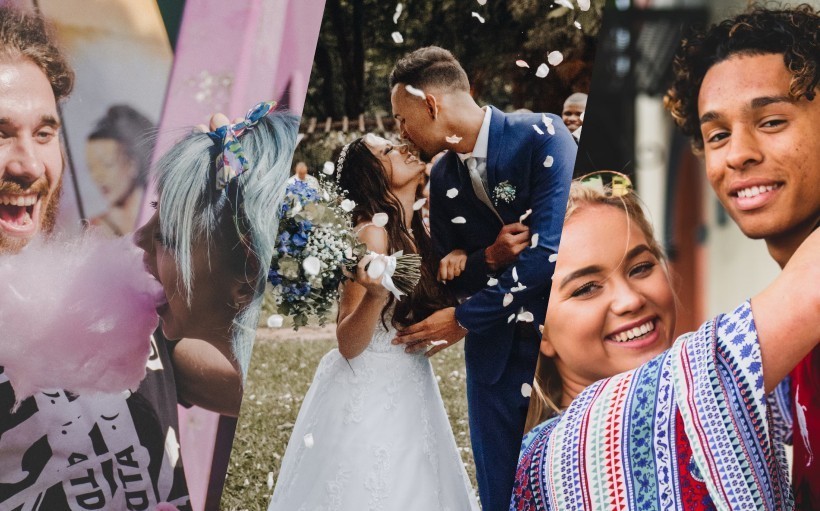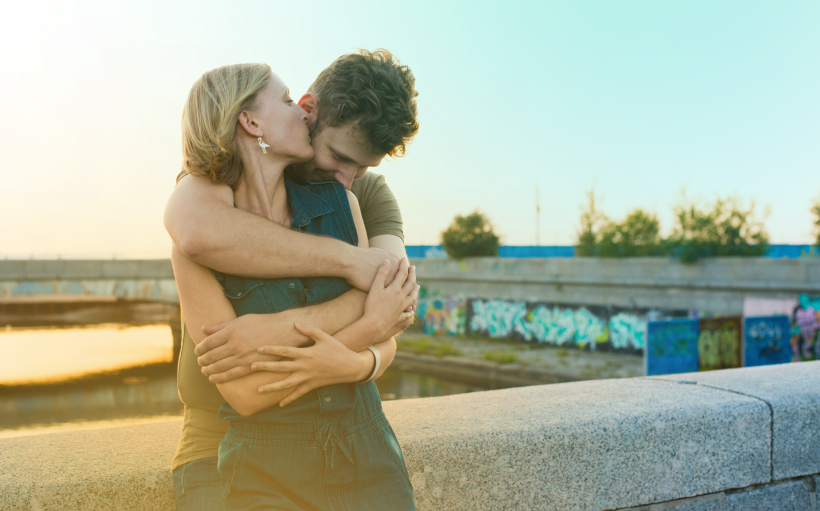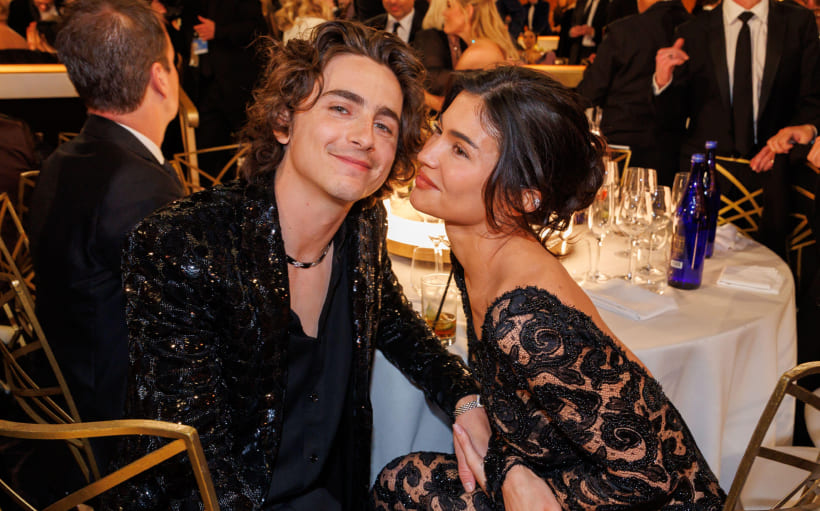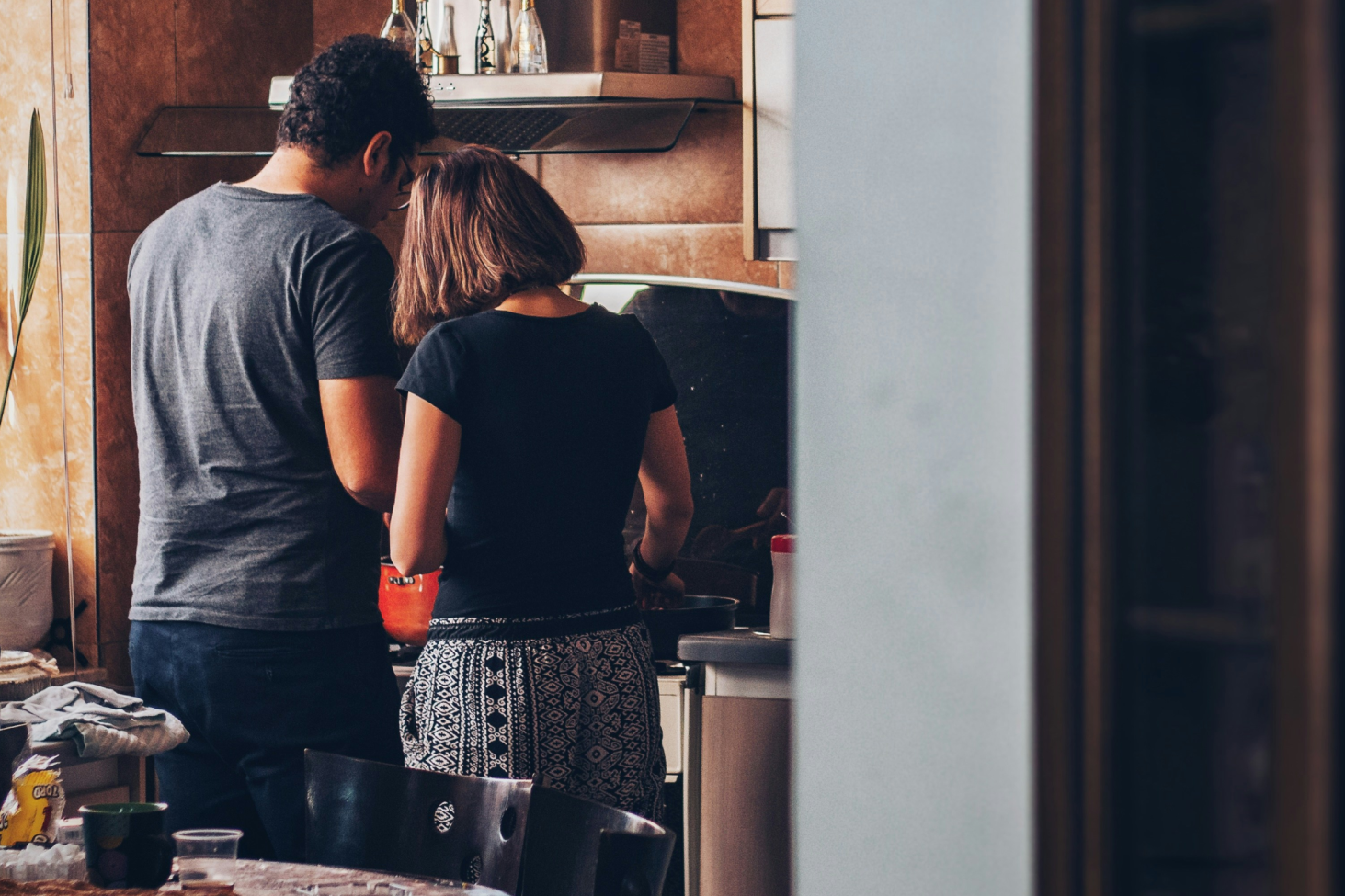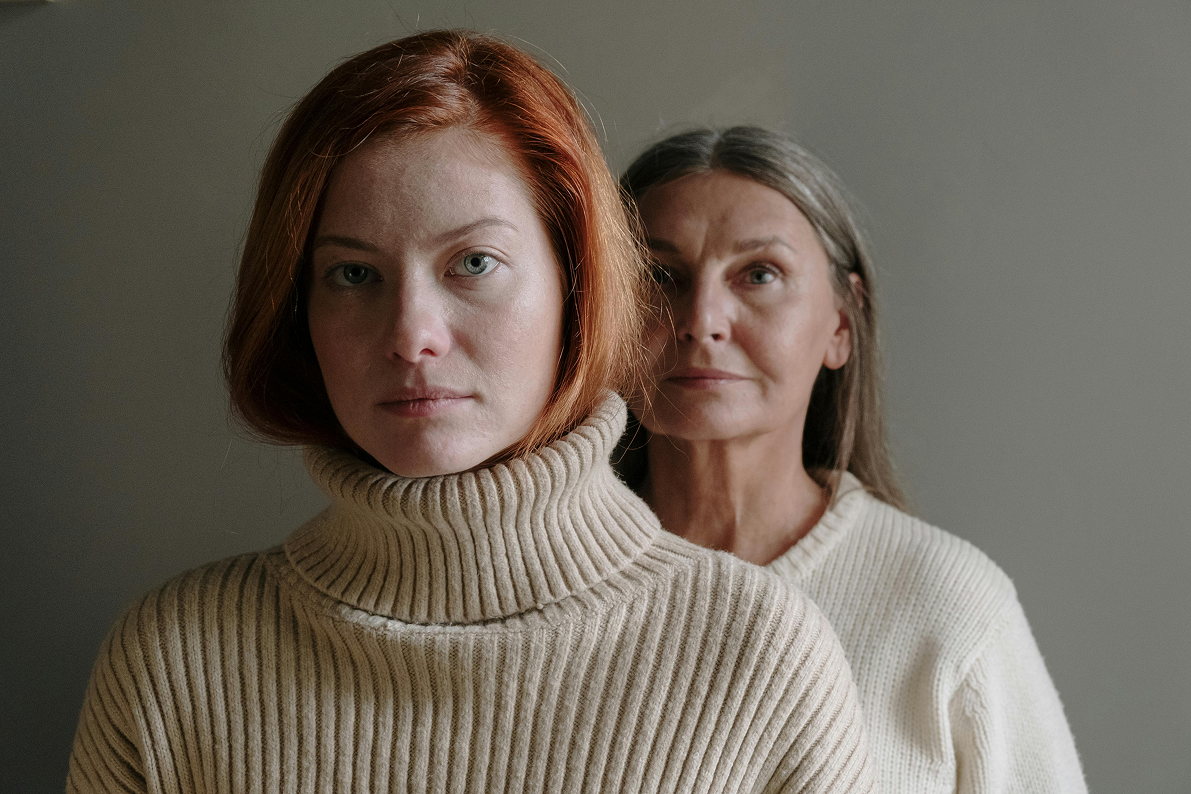I’ve always been inspired by women who are outgoing, very sure of themselves, and not afraid to be who they were, including their sex lives. Under their tutelage, I gradually shed my old self, hung out and socialized with them, and, over time, became the empowered, self-confident, and sexual woman I am today. Happy to share my insights with other women today!
3 Types of Love—Which One Is Yours?
Love. What a loaded term. And how many meanings does it even have? We can love certain foods, our pets, family members and children, or friends. We have a love for humankind in general, often called brotherly love. And of course, we experience romantic love. But here, there can be 3 types of love you may not experienced yet.
We tend to lump romantic love into one big basket – the love that we feel for a partner or spouse in a relationship. In our imagination, it should include passion, strong feelings, emotional highs and lows, intimate conversation and actions, commitment, respect, and oh, so much more. But if we look at our history of romantic relationships and truly analyze them, we will discover that there are really three types of love. Let’s dig into all of them deeper.

The First Love Type
It all start with the first love you’ve experienced in a high school. Most had an all-consuming puppy love that pretty much turned your world upside down at the time. You spent a huge chunk of time thinking about that love as they did about you. You found ways to be together at school, and after school, and spent lots of time calling and texting. In your naivete, you were certain that this first love would be the only love you would ever have for life.
Unfortunately (or fortunately), life has a way of getting in the way. The passion you both had for one another – that first kiss, first making-out session, maybe that first sex – will stick in your memory for the rest of your life. But that first love is rarely the one people end up with.
For a variety of reasons, the relationship ends. You go off to different colleges; one or the other of you finds someone else. You may even marry right out of high school, but as you both mature, you realize that you don’t have the compatibility that makes that marriage last.
But that first love will leave its imprint and you will probably look back on that relationship with a variety of emotions, depending on how it progressed and how it ended. And it will impact how you approach the relationships that follow.
Related reading: Relationship Bases: How Baseball and Sex Are Connected
Why Your First Love In Not Forever?
Well, at the first love time, we are young and hormones seem to be raging. When we fall in love for the first time, the pleasure that we experience sets up a type of mild addiction so that we want to experience that pleasure again throughout our lives.
A 2017 Harvard Medical School research study concluded that the hormones released when we first fall in love (oxytocin, dopamine, and others) set up not just a “feel good” sense but also a “motivation/reward” feeling that we want more of. And this is also backed up by MRI scans that focus on the brain of people. In short, the relationship between brain activity and love is clear – it’s not just a theory. So it makes sense that our first love sets us up to seek out the same feelings throughout our lives.
Getting over that first love has a high degree of success. After all, that kind of love comes at a stage in life when we have plenty of things to look forward to, when we are ready to explore all that life has to offer, and, in fact, we may have been the one who broke it off. And if we weren’t, relationship advice from those who have polled young people says that, on average, when love ends the pain from a breakup lasts an average of 11 weeks.

The Second Love Type
With some maturity under their belts, during the second love stage, people enter into new relationships. Now intimacy means far more than sexual passion and activity, but also certain emotional and intellectual aspects.
You begin to explore compatibility related to beliefs, values, and interests. and start talking about things other than your next romp in bed. You are using your head as well as your heart with the idea that you want friendship, appreciation, understanding, respect, and all those things that will build a long-term commitment and relationship.
But you may easily strike out with this second love, and, indeed, have far more than one example of heartbreak from a cycle of second love experiences.
Related reading: A Guide to Growing an Exclusive Relationship
Why Your Second Love Ends?
Part of the problem here is that humans have a need to love and be loved. And, in that need, they hook up with people that may be completely wrong for them. And so, they deal with the unending drama, the highs and lows, and the expectation that if they can just hang in there, things will work out and they will have that forever-loving and intimate relationship they seek.
But things don’t work out. The truth is that the forever, long-term love they are looking for is not with this current person, who is definitely not the answer to their dreams.
And so the cycle of the second love repeats itself. And we feel like we are on a never-ending roller coaster of investing in relationships that go nowhere and end up in a heartbreak that we now must get over again. Another 11 weeks of recovery. This is why the second love is often described as the hard love.
Can We Learn the Lesson from the Second Love?
For sure, with each of these impossible second-love relationships comes more learning. Each example and each breakup gives us more information about ourselves – what do we really want in a permanent partner, what are our priorities in a relationship, and how do we really want to be loved and to give love.
Each of these experiences teaches us important lessons that no theory of love can teach us. We still have the desire to love and be loved, but we are much wiser now (and we certainly have stories to tell). And we are prepared to make different choices going forward.
Psychology be damned. We are living proof of the hurt, the mental anguish, and the hurt that the wrong kind of love can bring. And as a result, we are slowly learning what to expect from the third and final stage – a love that really lasts.
Related reading: Relationship Advice for Women That Will Help Your Love Life
Robert Sternberg’s Triangular Theory
“Love is a decision, it is a judgment, it is a promise. If love were only a feeling, there would be no basis for the promise to love each other forever. A feeling comes and it may go. How can I judge that it will stay forever, when my act does not involve judgment and decision.”
Robert Sternberg, an American PhD psychologist, has developed a triangular loves theory that includes three components – lust, intimacy, and commitment. All three must be present for the type of love that is lasting. If one component is missing, then the love relationship is not complete and probably will not stand the test of time.
Now these three components are not 3 types of love. But all of them are present in the third love of love we’re heading to know.

The Third Love Type – Oh Glory Be!
Going back to Robert Sternberg, we see that the third point of his triangle is commitment. We had lust during our first love; we had that and at least some forms of intimacy during our second love cycles. But when we have those two combined with true commitment, we have the third type of love – the one that lasts.
We find three people all rolled into one. It’s an unconditional love that stands despite what the world may throw our way.
Related reading: The Art and Skill of Making Love
How Do We Find This Third Love?
There’s no road map other than building on all of your previous love experiences. You have reached a maturity level now, and you have a clear idea of what a mature long-term relationship should look like – husband or wife material, or at the very least, a monogamous relationship that gives you affection, respect, understanding, and the type of unconditional love that gets both of you through the ups and downs that all relationships experience.
Your first step is to open yourself up to new love. Over the course of your second love failures, you may have closed yourself off to the prospect of finding that perfect one. You have chosen to spend time with friendships, not relationships, and have dismissed the possibility of finding the kind of love that will be a “forever” thing.
This perfect person could show up anywhere and at any time. Your job is to be open to approaches and conversations by and with others. And to compare what you learn about them to what you have figured out you want to at least avoid from those second love lessons.
Clues That Will Help You Find a Partner
What questions to ask if you are you looking for such a partner? Here are some examples:
- Does this person focus on you rather than themselves?
- Do they want to know as much about you as possible?
- Does this person want to share their interests and hobbies with you, not just their bed?
- Does this person make you feel comfortable?
- Can you expose your faults and insecurities without fear of judgment or criticism?
- Do they talk about their past loves without trashing their exes?
- Do they want you to become a part of their social circle and include you in their social events?
- Are they keen to include you in family events and occasions?
- Are they mindful of your preferences in the small things and make every effort to accommodate those?
- Do they support you in all of your goals and aspirations?
These are just some of the clues, but they are a good start as you assess the potential for a third love.
Related reading: New Relationship? Start Asking Questions!
Is This Third Love a Paradise?
Of course not. Take a look at society in general and all of the stressors, chaos, issues, etc. it throws at us. The same thing is true of every third love relationship. There will be disagreements, and you will fight; there will be crises; there will be all sorts of stressors that will test your commitment. But in this forever relationship, such issues and challenges are worked through and resolved. It’s a type of maturity that comes from commitment.
So don’t go into your final true love with preconceived notions that you will be living in a utopia. But go in knowing that your love will see you through all of the highs and lows. And most of all? You both will feel safe and secure in the partnership.
That’s a Wrap – Let’s Recap
The 3 types of love are those that most people in the world will experience. They come as a movement from the passion of that early adolescent love, with all of those accompanying feelings and emotions to that next stage that adds intimacy to the desire, and finally to that love that adds commitment to the other two.
Much of getting to that lasting love is not a matter of just time. It’s a matter of learning as you go through moments and stages of love that do not last. Along the way, you may be completely turned off and discouraged by these stages and the break-ups that are destined. It’s easy to conclude that a permanent, committed partner just doesn’t exist.
Do not lose faith. When you least expect it, they show up at your door.

